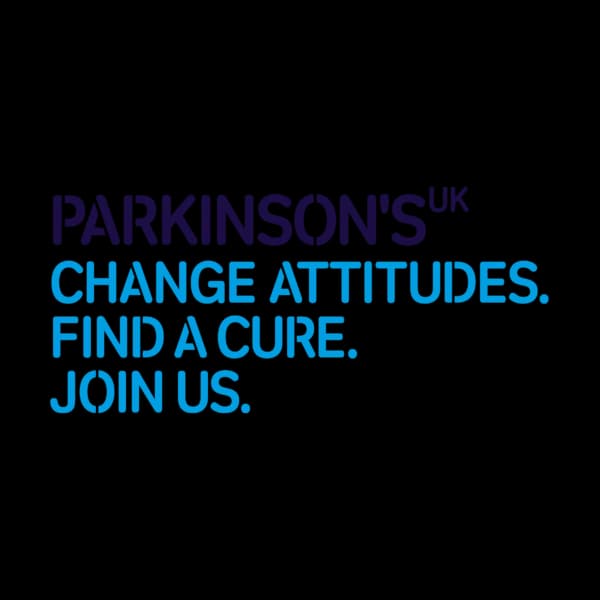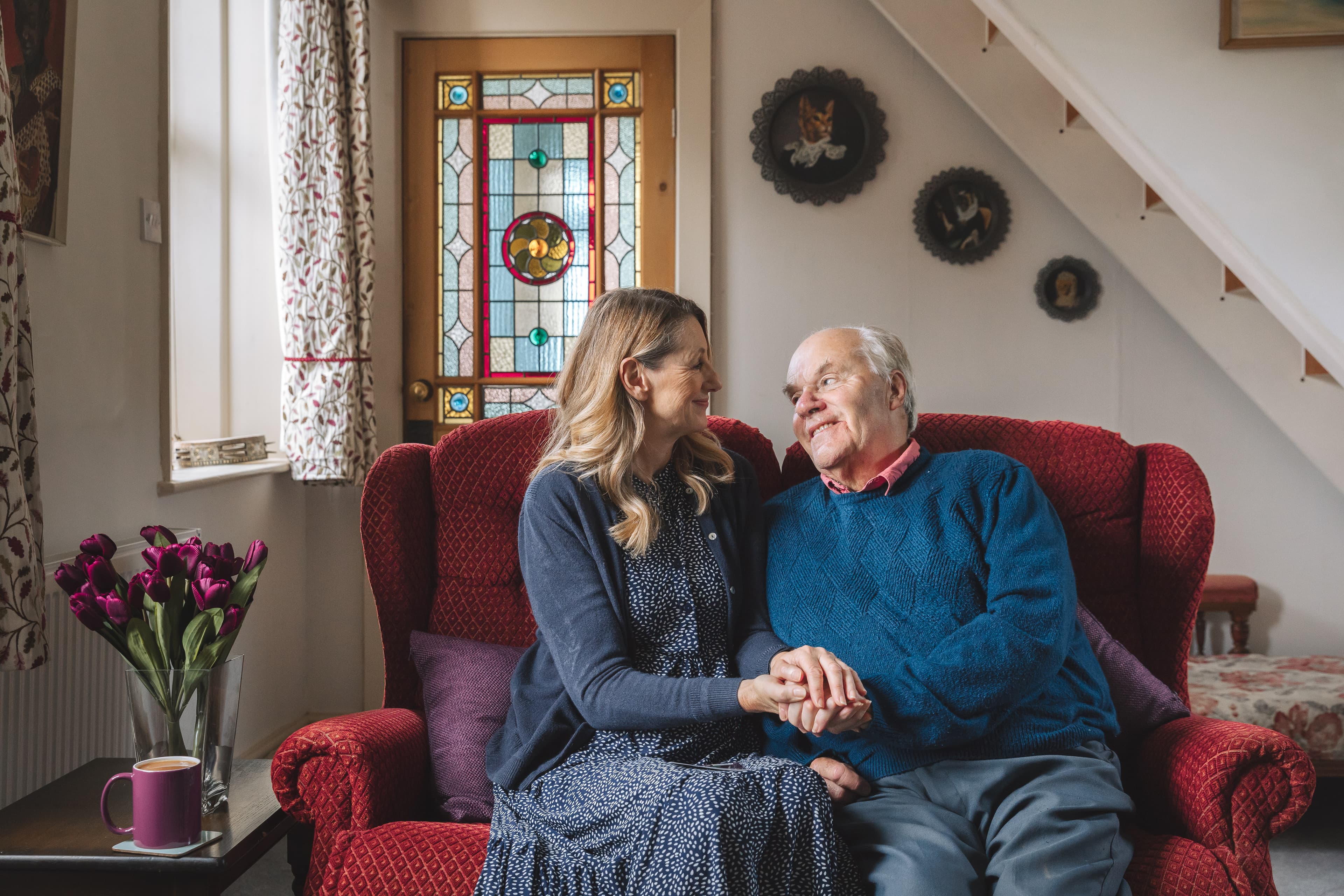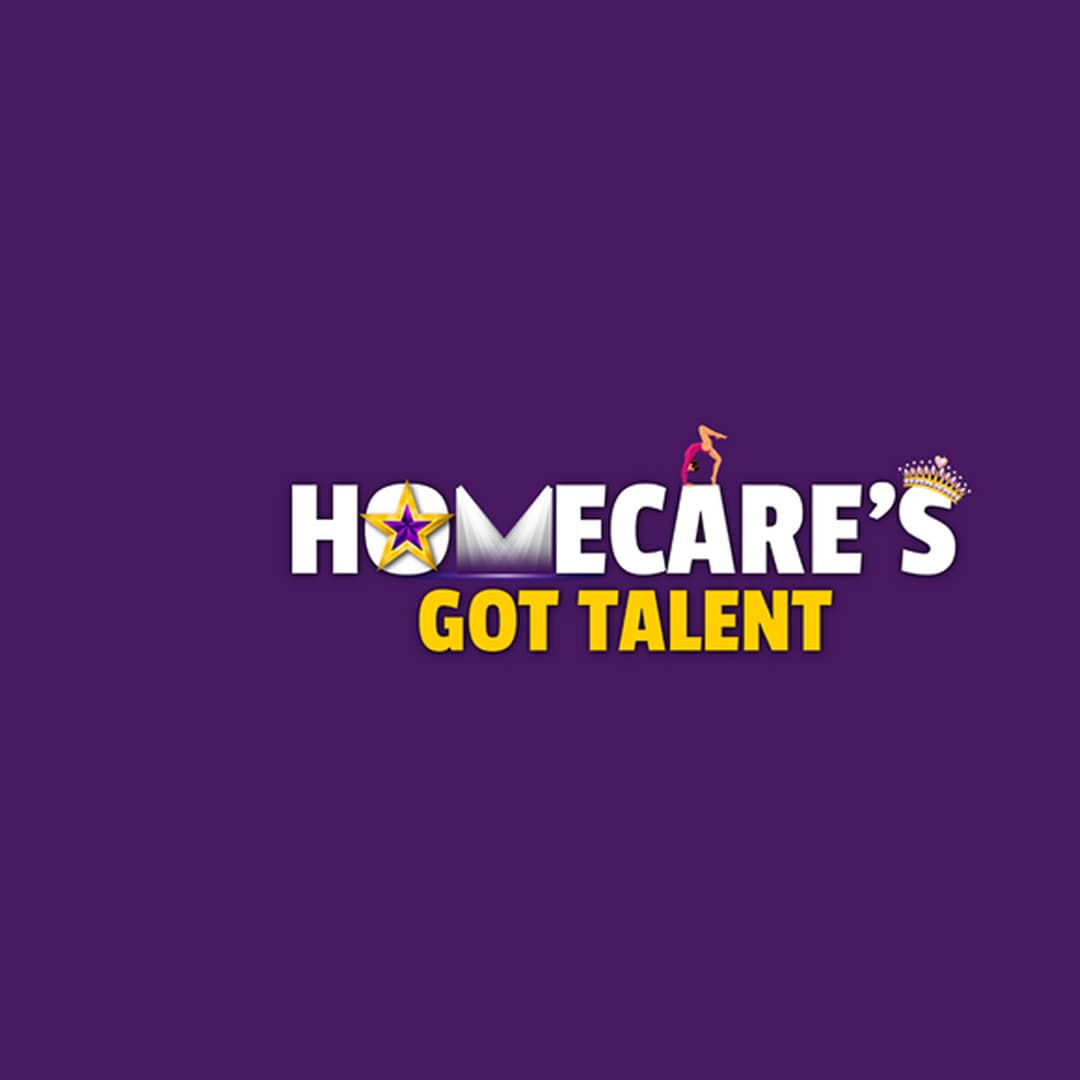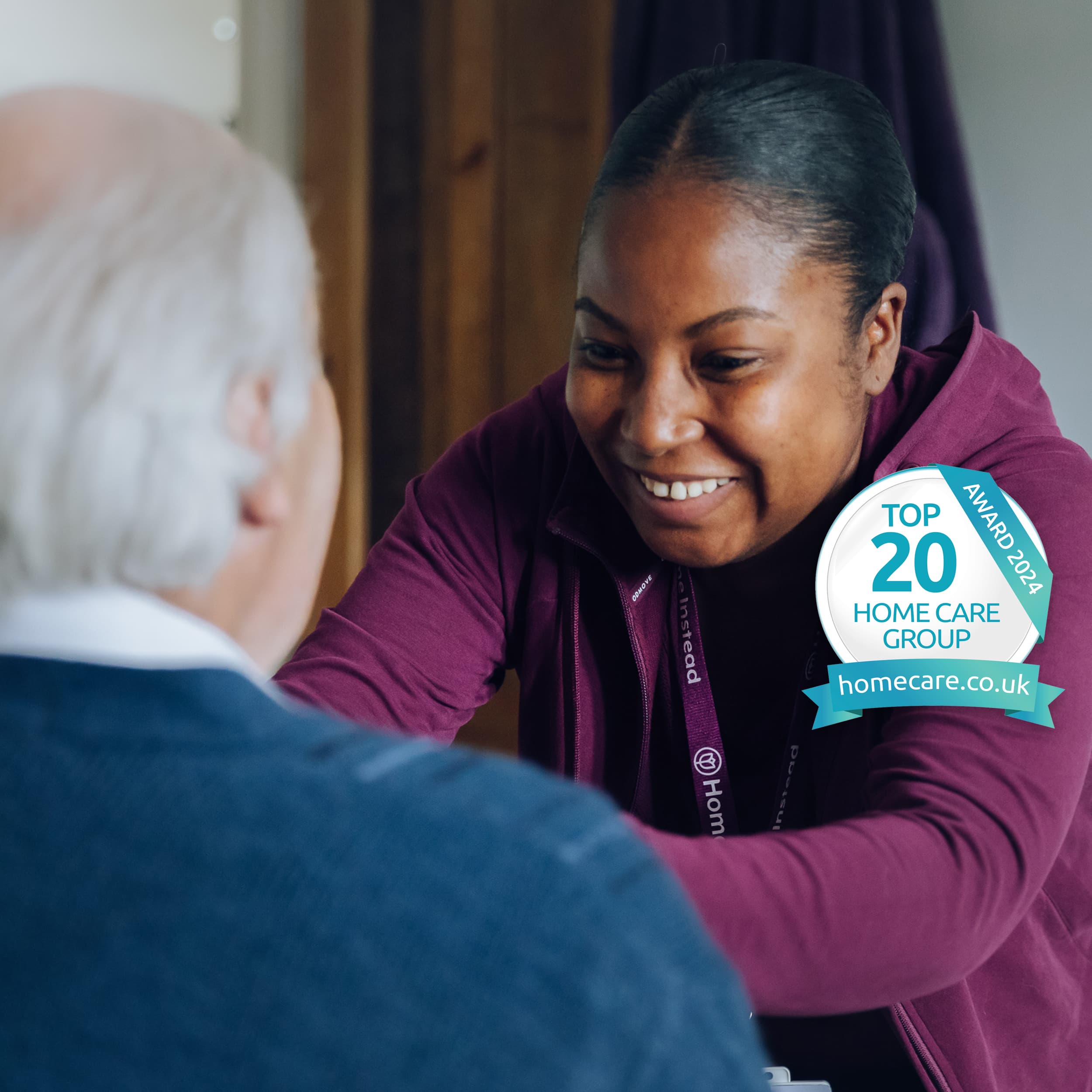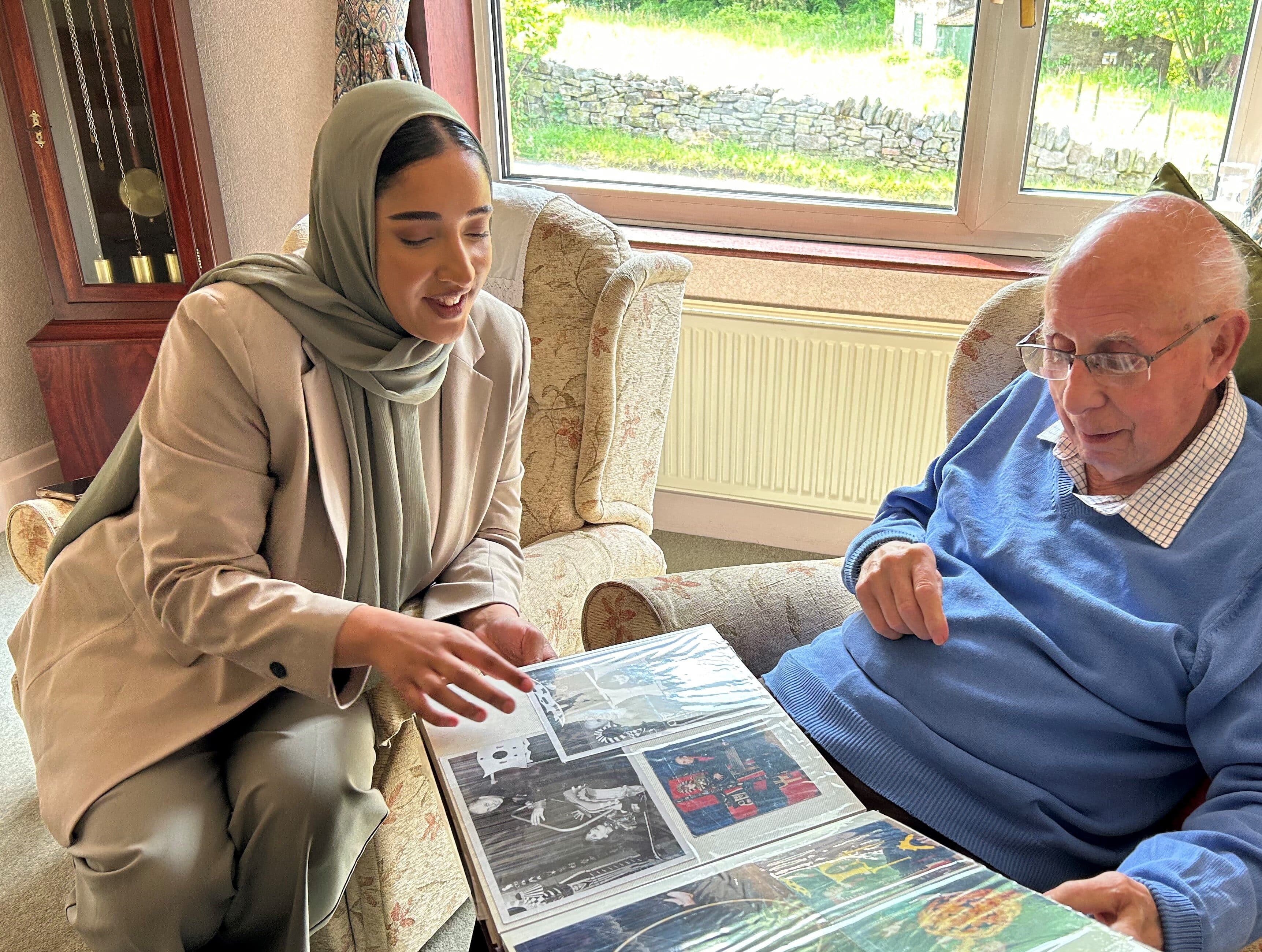
TIA Stroke Care At Home
Personalised post-stroke care at home from experienced Care Professionals who can provide necessary support to older adults following a TIA, or those with increased risk of this.
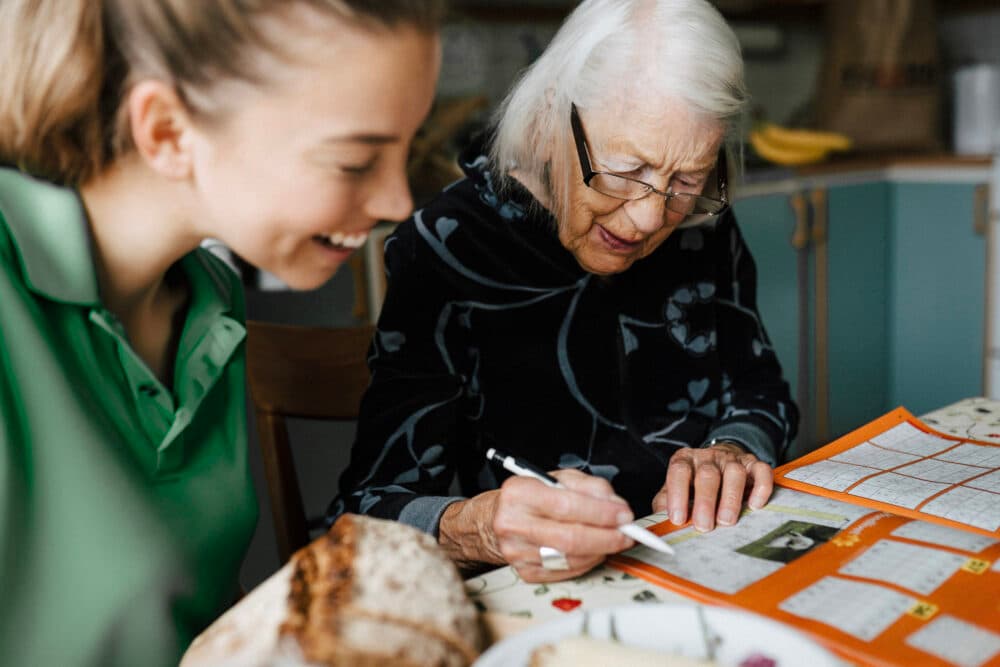
What is TIA stroke care?
A Transient Ischaemic Attack (TIA) is sometimes called a “mini stroke”, and this happens when there is a temporary disruption of blood flow to the brain. This is considered a warning that someone is at risk of a major stroke, and those who experience this can be left with physical and cognitive issues that require support. Around 46,000 people a year have a TIA for the first time in the UK, and certain groups have a higher risk, including those with diabetes or high blood pressure. For them, having at-home care could help by:
- Recognising early signs of a TIA
- Assisting with any post-stroke mobility issues
- Providing personal care if needed
- Encouraging healthy lifestyle changes to reduce risk
Providing companionship for those worried about TIAs
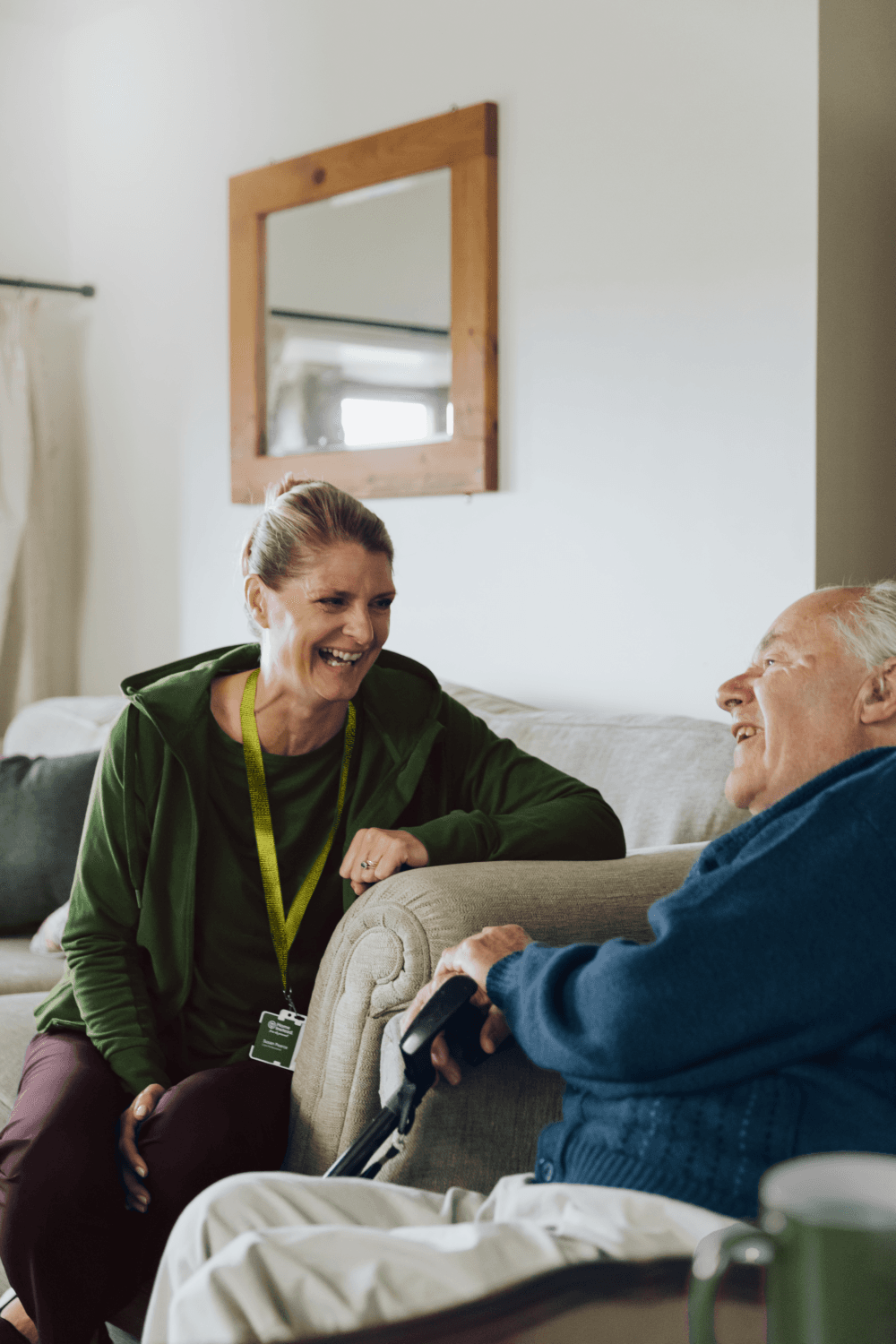
Why is TIA stroke care at home important for older adults?
People who have had a TIA may encounter some temporary or permanent post-stroke care needs. For example:
- Home help to take over housekeeping if fatigue or weakness occurs
- Companionship to help manage the emotional effects, like anxiety and low mood
- Mobility support to safely move around the home and attend GP appointments
- Support and encouragement with lifestyle changes to minimise risk of further TIAs
Stress management is also a big part of the aftercare for a TIA stroke, as studies find higher stress is linked to increased risk of TIA in middle-aged and older adults. Receiving care at home can help to avoid the stress of hospitals, as well as promote independence and enable loved ones to visit more.
Do I need TIA stroke care?
If you or a loved one has experienced a TIA stroke, you may have symptoms that require temporary home care, such as weakness, trouble speaking or balance issues. Your risk of having a stroke is also higher now, and lifestyle changes must be made to avoid this.
Taking prescribed medications, eating a healthy diet and reducing stress is recommended, particularly if you live with conditions like diabetes or heart disease that are linked to higher stroke risk. If any of this applies to you, home care could help you safely return to your daily routine with peace of mind that someone is around in case of additional TIA strokes. If you are unsure whether or not you need this, speak to your GP or arrange a Care Needs Assessment to learn more.
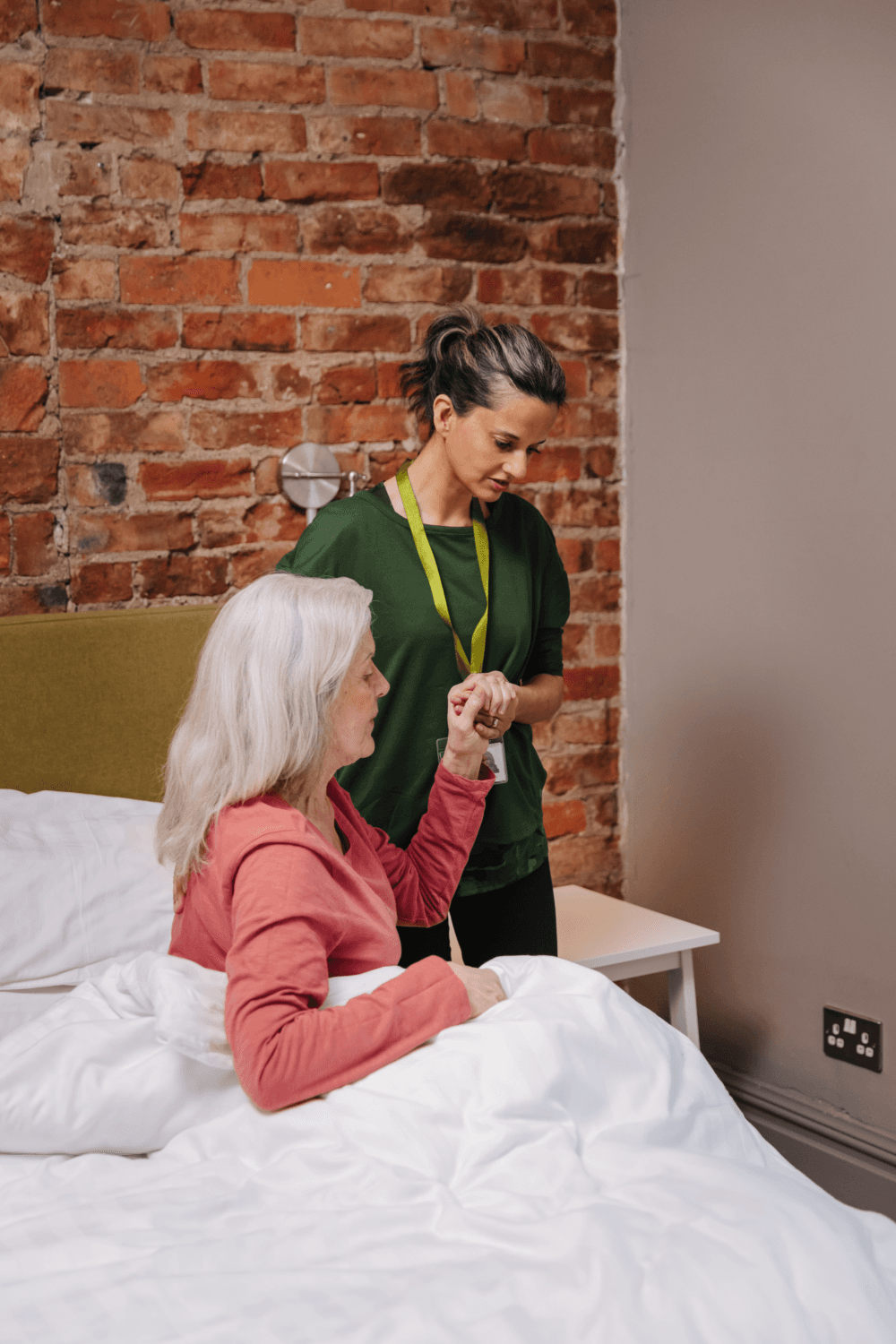
How can we help?
We've helped thousands of families to stay safe, comfortable and happy at home. Whatever situation you're facing, or whatever the question is, Home Instead is here to help.
Are you in need of a little guidance right away?
03300 583450Other non-care-related enquiries

I am very happy with the support, care and kindness I receive from all the staff of Home Instead.
B.M, Client
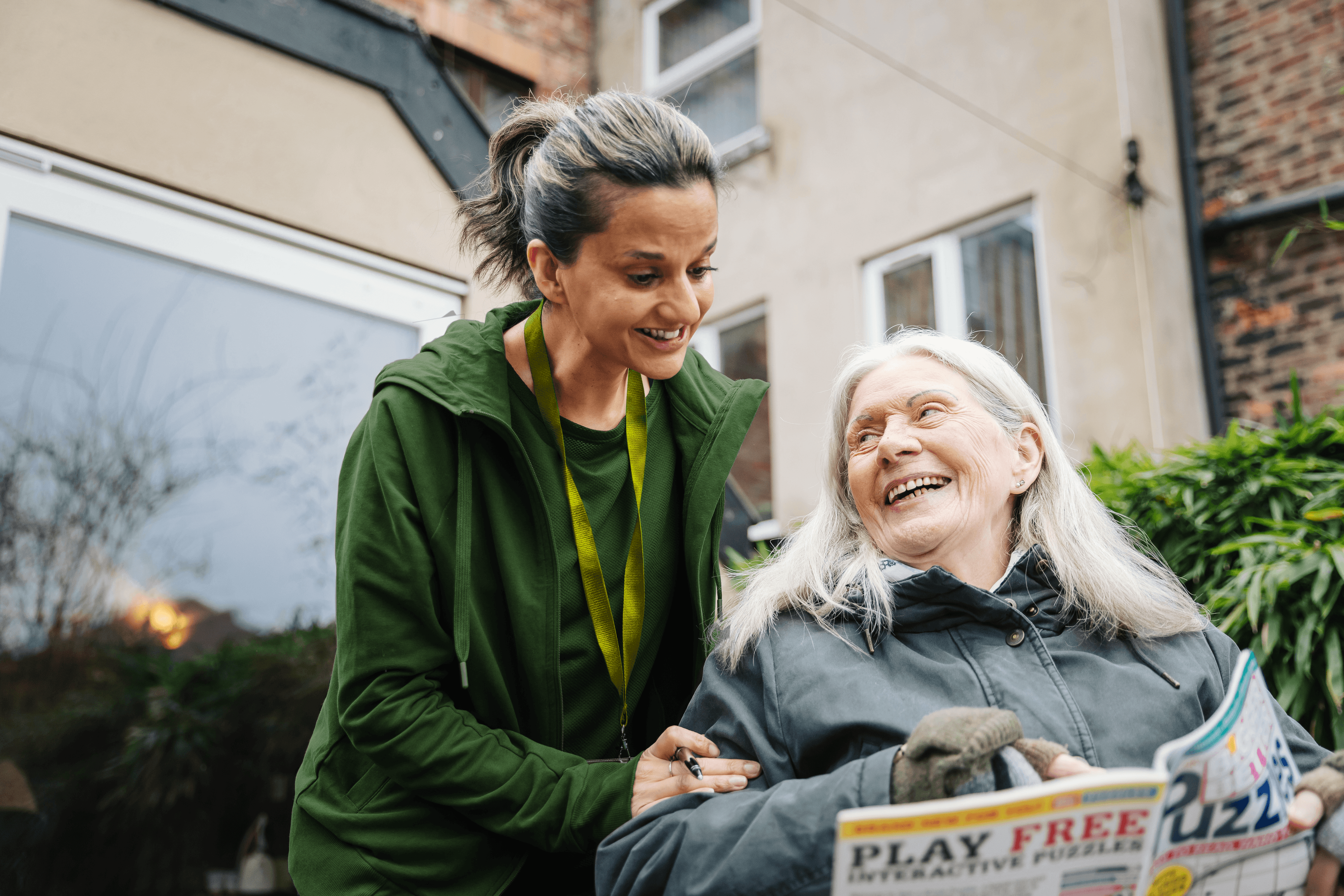
We have been relying on Home Instead for nearly five years now and they have been wonderfully helpful and flexible throughout. I don’t know what we’d do without them.
Carol, Client

From day one Home Instead has given us a first-class professional caring service. Office staff and carers very helpful and understanding.
Paul and Sandra, Clients
Get in touch today to
see how we can help
Get in touch How to get started arranging TIA stroke care
Arranging TIA stroke care at home usually begins with a Care Needs Assessment or a chat with your GP, but you can also reach out to home care agencies like Home Instead to discuss your bespoke post-stroke needs (or the needs of your loved one) and get started with home care immediately.
For many people, a TIA stroke is a warning that they are at risk of having a major stroke, so if you are ready to improve your health and reduce your risk of additional strokes, we can get started straight away with tailored care designed for your specific needs and concerns.
Our Care Professionals offer flexible, compassionate care, so whether you need regular check-ins throughout the week, full-time live-in care, or respite care for families, we can help.
Why Home Instead?
Our friendly Care Professionals understand the emotional challenges of coming home after a TIA stroke, and the worry this can cause, so our aim is to make you feel safe, comfortable, and confident enough to live independently once again. We go the distance to design a combination of care services that works to reduce your stress, improve your health and put your mind at ease.
We are proudly rated 9.6 on Homecare.co.uk, with many of our locations also rated “outstanding” by the Care Quality Commission (CQC). With our experienced Care Professionals, you can be sure you are bringing only the very best post-stroke care into your home, with the flexibility to make the arrangement your own.
Advice & Support
FAQs
- What kind of support can home care provide for elderly people recovering from a TIA?
Our experienced Care Professionals can assist with daily activities like bathing, dressing, and meal preparation. They also help with mobility, medication reminders, and implementing lifestyle changes to reduce the risk of future strokes.
- How can home care help with rehabilitation after a TIA?
Care Professionals can support rehabilitation by encouraging light physical exercises, assisting with speech therapy exercises (if needed), and helping patients follow healthcare providers’ recommendations for recovery and prevention.
- Can home care assist with medication management for elderly TIA patients?
Yes, our Care Professionals are trained to ensure that medications like blood thinners or blood pressure tablets are taken on time and as prescribed. They also monitor for side effects and communicate with healthcare providers if any concerns arise.
- Can home care assist with monitoring and preventing future TIAs or strokes?
Yes, our Care Professionals can help monitor key health indicators like blood pressure, heart rate, and signs of recurring symptoms (e.g., sudden weakness or confusion). They also encourage adherence to prescribed medications and lifestyle adjustments, such as a heart-healthy diet and regular exercise.
- What steps do home care teams take to ensure a safe and supportive home environment for elderly TIA patients?
Our Care Professionals will assess the home for stroke-related safety risks, such as fall hazards, and recommend modifications like grab bars, non-slip mats, or better lighting. They also assist with mobility aids and ensure the patient feels secure and supported during their recovery.

